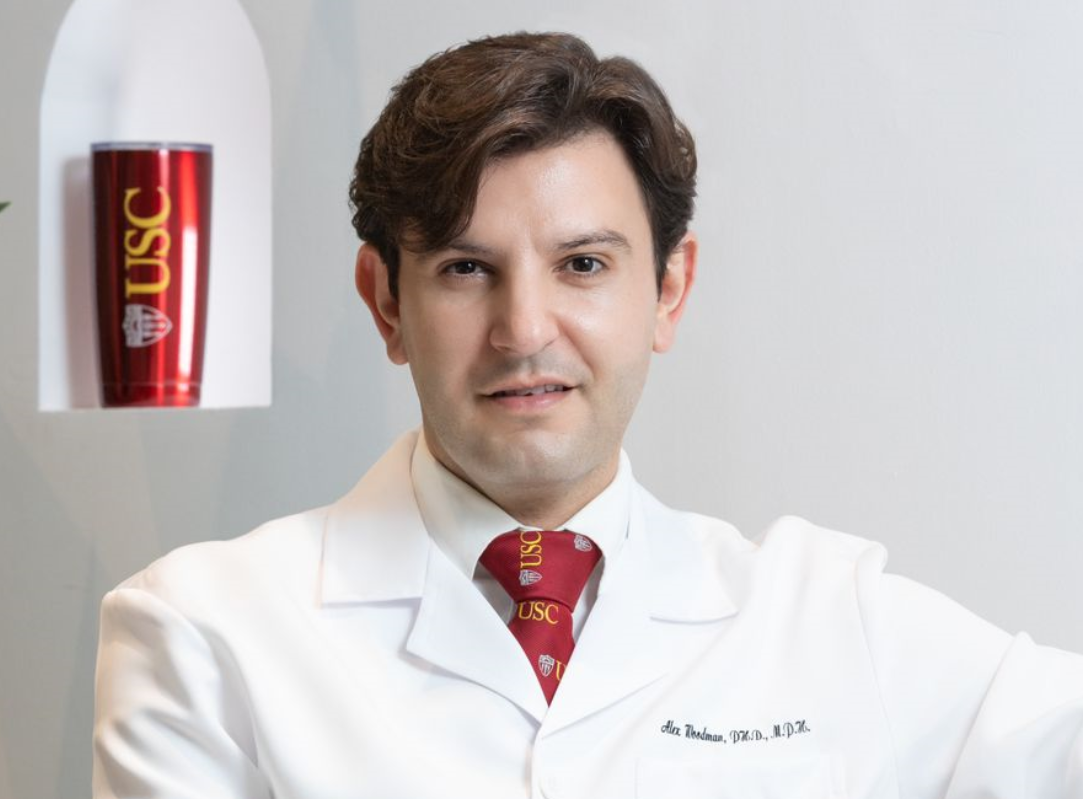 Dr. Alexander Woodman - Medical Research & Public Health Paves New Horizons
Dr. Alexander Woodman - Medical Research & Public Health Paves New Horizons
Health expert: Saudi Arabia has achieved growth in health care
Global health is the practice through which governments and non-state actors attempt to promote coordinate healthcare projects to improve the health of the international community. Nevertheless, over the past years, national health systems have undergone dramatic changes as a result of complex interactions between global, national, and local researchers and institutions, leading to transformations in the relationship between the patient and health care providers.
These transformations prompted a discussion with Dr. Alexander Woodman, a clinical investigator and leading public health researcher, with extensive experience in the Gulf and Saudi healthcare systems, to explore his vision for the future of healthcare. Dr. Woodman came to public health and clinical research because it represented an opportunity to protect and improve the health of people and their communities.
“Having once decided to follow the path of contributing to the health of society – as small as a local neighborhood and as large as the world – I never changed my course, despite the obstacles,” reasons Dr. Woodman.
Empowered with knowledge and experience from leading institutions like UCLA, USC, and Harvard University, and with a doctoral degree from the United Kingdom (University of Salford), Dr. Woodman was invited by a leading medical complex in the Gulf to head their scientific research department and bring his know-how in studies ranging from obesity and nutrition-related health conditions to reproductive health and genetic studies. His studies were not only aimed at the service of the science but also offered essential value by contributing to the health of the general public.
“I have devoted almost ten years of my career to working and collaborating with leading clinical researchers, doctors, faculty, educators and ethicists in the Middle East to ascertain that scientific research can be conceptual and creative. The focus of my research was on communicable and non-communicable diseases, reproductive health and quality of life that contribute to well-being and longevity, as well as medical ethics.”
Dr. Alexander interviewed, recorded and reported young voices from the Gulf and their perceptions of health, modern and rapidly digitalizing healthcare systems, and the role of artificial intelligence in their health behaviors and performance.
“I observed many parallels between Gulf youth and my experience in the United States. Despite the different socio-economic status, cultural and religious diversity, the lifestyle of youth is largely common. These observations were brought to the attention of global health experts during high-profile events, such as the Global Health Summit and the G20 Global Digital Health Conference in Riyadh.”
Driven by a genuine interest in the greater good, Dr. Woodman's research has resulted in a number of publications that focus on various aspects of clinical research and public health, making him an integral part of the healthcare transformation of Saudi Arabia and the Gulf.
“In most of my research projects, I have merged epidemiological data with state-of-the-art laboratory technologies to educate myself and others in a way that would contribute to the core values of public health, and bring to life the national transformation plans.”
This insight propelled him to further his investigation under the U.S. Fulbright umbrella at the Arabian Gulf University, School of Medicine in Bahrain. Currently, the Fulbright Scholar Dr. Woodman continues to develop the map of obesity among Gulf youth, an initiative launched in Saudi Arabia to bring positive change to the entire region.
“In the realm of global health, where the collective efforts of governments and non-state actors are aimed at increasing international welfare, the U.S. Fulbright Program has become a beacon of opportunity. My experience as a Fulbrighter showed that the program empowers scholars to foster mutual understanding through research, education, and cultural exchange.”
He explores the knowledge, attitudes and behavior of Gulf students regarding national dietary guidelines and the relationship between the leptin gene and obesity. In an effort to draw the obesity curve from every possible angle, Dr. Woodman suggests that this contribution will allow policymakers to make the best use of their resources, which are the national dietary guidelines. During our conversation, I noticed how much care and meaning Dr. Alexander put into every word he spoke, framed by a devotion to the core value of health, “Do no harm.”








